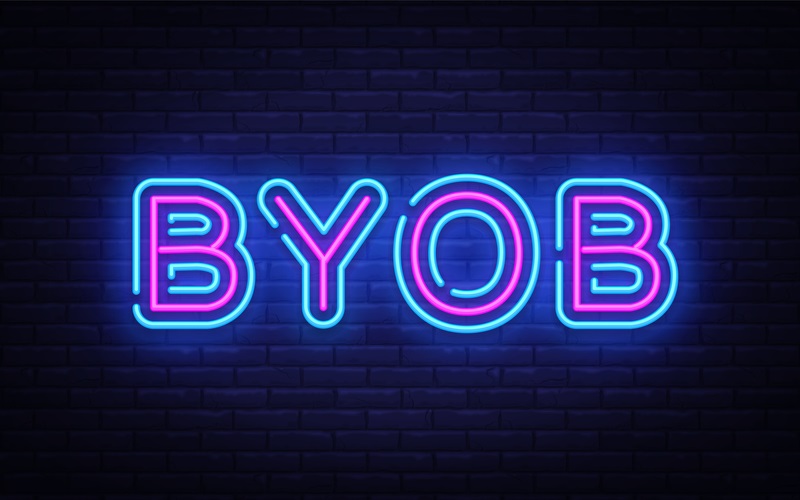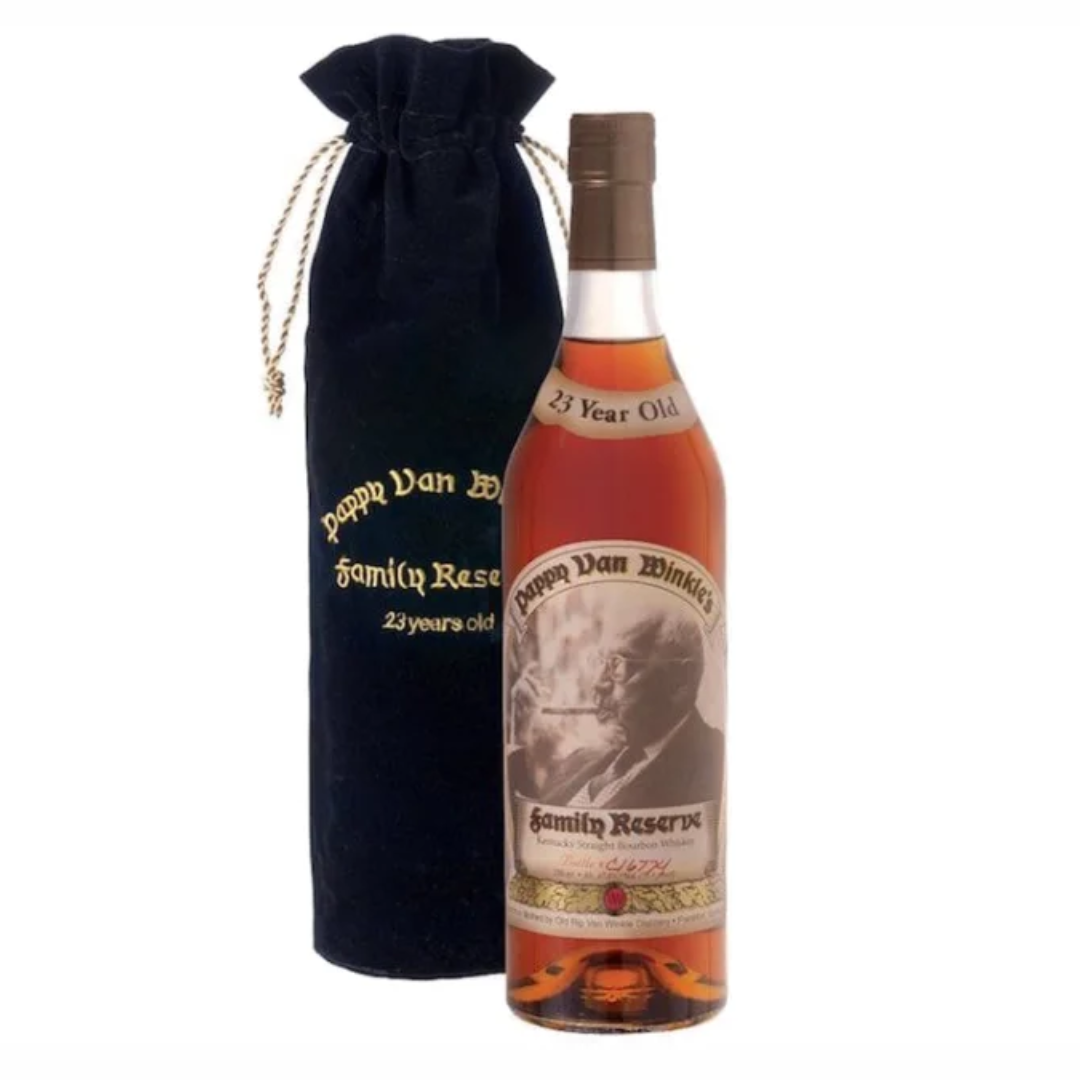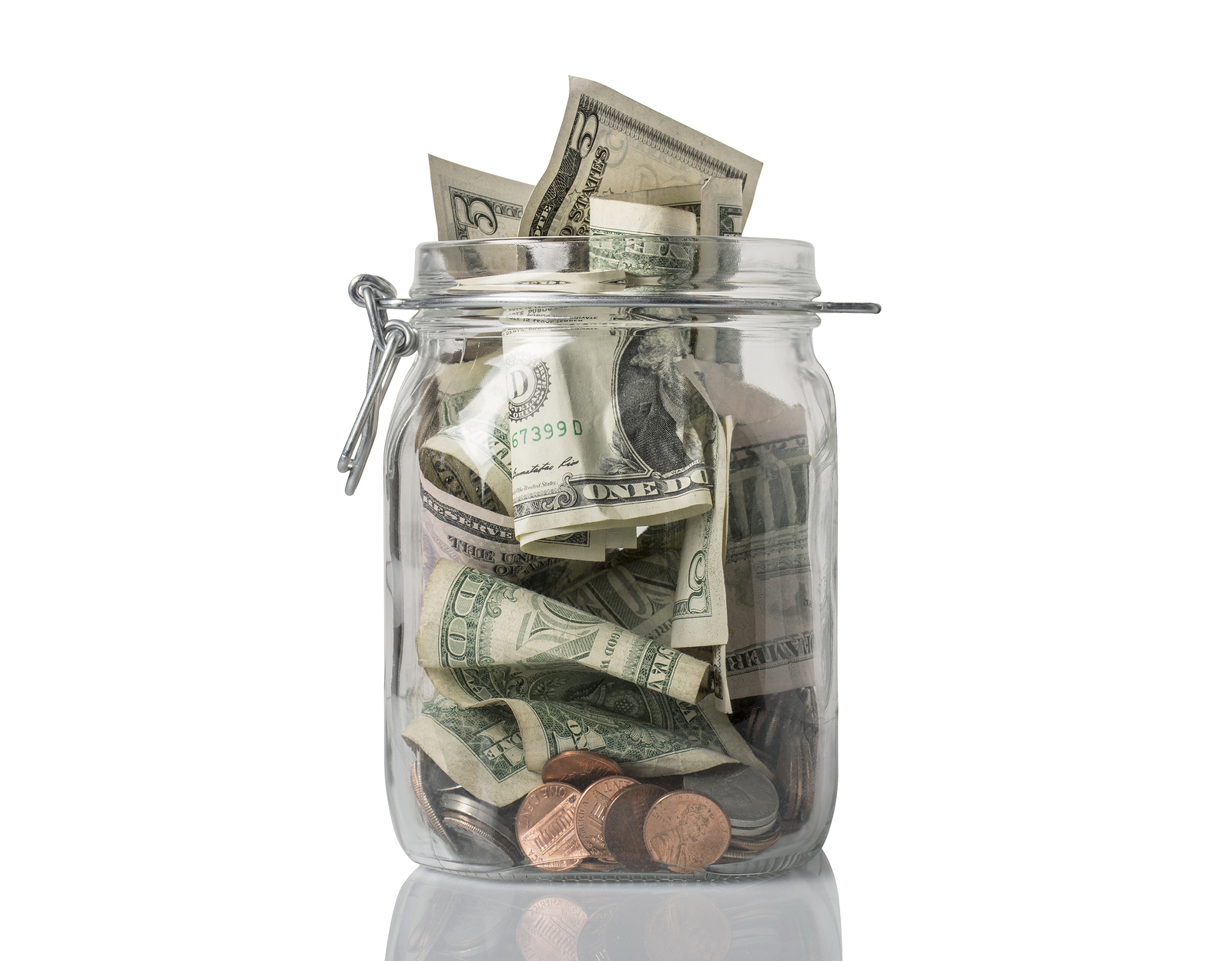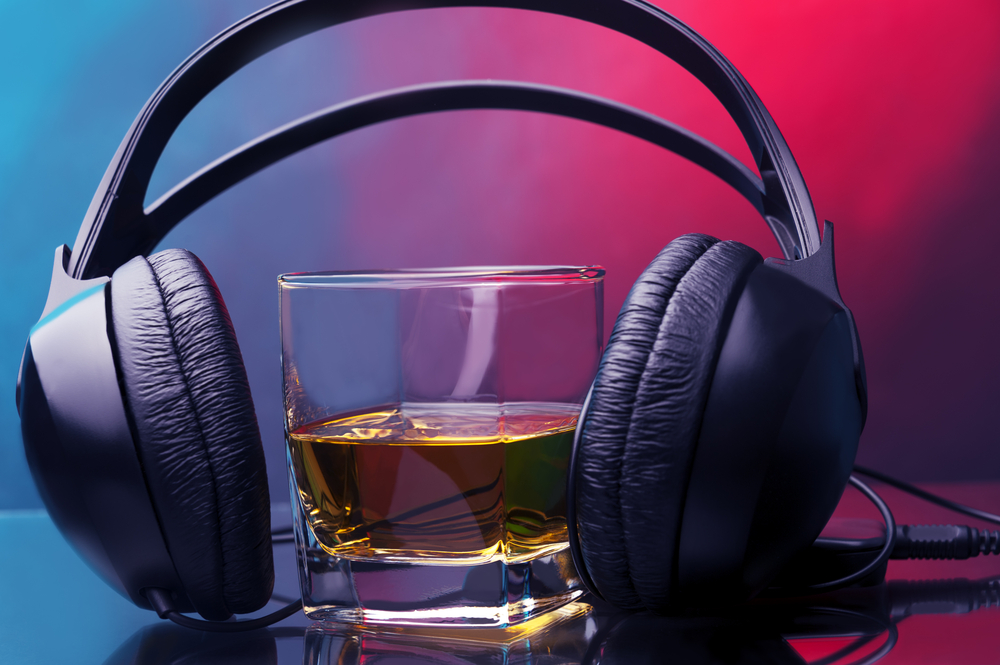For information regarding national and state liquor law matters or general manufacturing and distribution advice, please contact our Liquor Law, Licensing, Manufacturing, and Distribution Practice Group: Liquor Law Department Chair Theodore J. Zeller III, Esquire (tzeller@norris-law.com); David C. Berger, Esquire (dberger@norris-law.com) for Pennsylvania and New Jersey retail and manufacturing licensing; or contact our offices at 610-391-1800.
Let Everyone Know They Can Bring Their Own Bottle: New Jersey Ban on BYOB Advertising Deemed Unconstitutional

Our restaurant clients – those who do not have a liquor license – frequently ask us about the BYOB rules in New Jersey. What types of alcoholic beverages can customers consume on the premises? (Wine and beer only.) Can I charge a “corkage” or “service” fee to those bringing their own beer or wine to my restaurant? (No.) Can I advertise that my restaurant is BYOB? (Now you can!)
New Jersey’s Alcoholic Beverage Law has long provided that: “No person who owns or operates a restaurant . . . where food or liquid refreshments are sold or served to the general public, and for which a license or permit authorizing the sale of alcoholic beverages for on-premises consumption has not been issued . . . shall . . . advertise inside or outside of such premises that patrons may bring and consume their own wine or malt alcoholic beverages.” Violation of the anti-advertising provision could have resulted in a disorderly person offense or a ban on allowing BYOB at the restaurant.
Although it was illegal, it was not uncommon to see a restaurant advertise that they are BYOB. (Perhaps the restaurant owner did not know the law – or did not care; maybe the local municipality tasked with enforcing this law had bigger issues to deal with.) And we all have seen dining guides and online reviews letting us know about a restaurant’s BYOB status.
In light of a recent decision from the United States District Court – District of New Jersey (GJJM Enterprises v. City of Atlantic City, et al.), these issues are now moot. In that case, a South Jersey “nightlife establishment” challenged New Jersey’s statute banning BYOB advertising on First Amendment grounds, and the Court agreed, declaring that the ban was unconstitutional.
The District Court found that the statute amounted to a content-based restriction on free speech that could not pass strict scrutiny. Relying on a similar U.S. Supreme Court case that found a Rhode Island statute prohibiting the advertisement of the price of alcohol was unconstitutional, the District Court found that the BYOB advertising ban does not leave businesses with satisfactory alternative channels of communications. The Court found no compelling interest as to why New Jersey restaurants and liquor stores holding a liquor license were permitted to advertise on-site alcohol sales, but those without a license could not. The District Court also held that even if the BYOB advertising ban is merely considered commercial speech (expression related solely to economic interest), the ban still would not pass intermediate scrutiny.
This is a great victory for BYOB restaurants, which are now free to advertise their BYOB status. Any such advertisements are of course subject to alcoholic beverage advertising regulations (such as ensuring that the advertisement is not false or misleading, is not obscene or lewd, and does not portray minors or induce them to purchase alcohol). Restaurants that wish to allow BYOB must also make sure there is no local ordinance banning BYOB at restaurants, and must comply with all other applicable alcoholic beverage laws (e.g., a local ordinance setting the hours during which alcoholic beverages may be consumed at a restaurant, and ensuring that alcohol is not consumed by persons under age 21 or by persons who are actually or visibly intoxicated).



